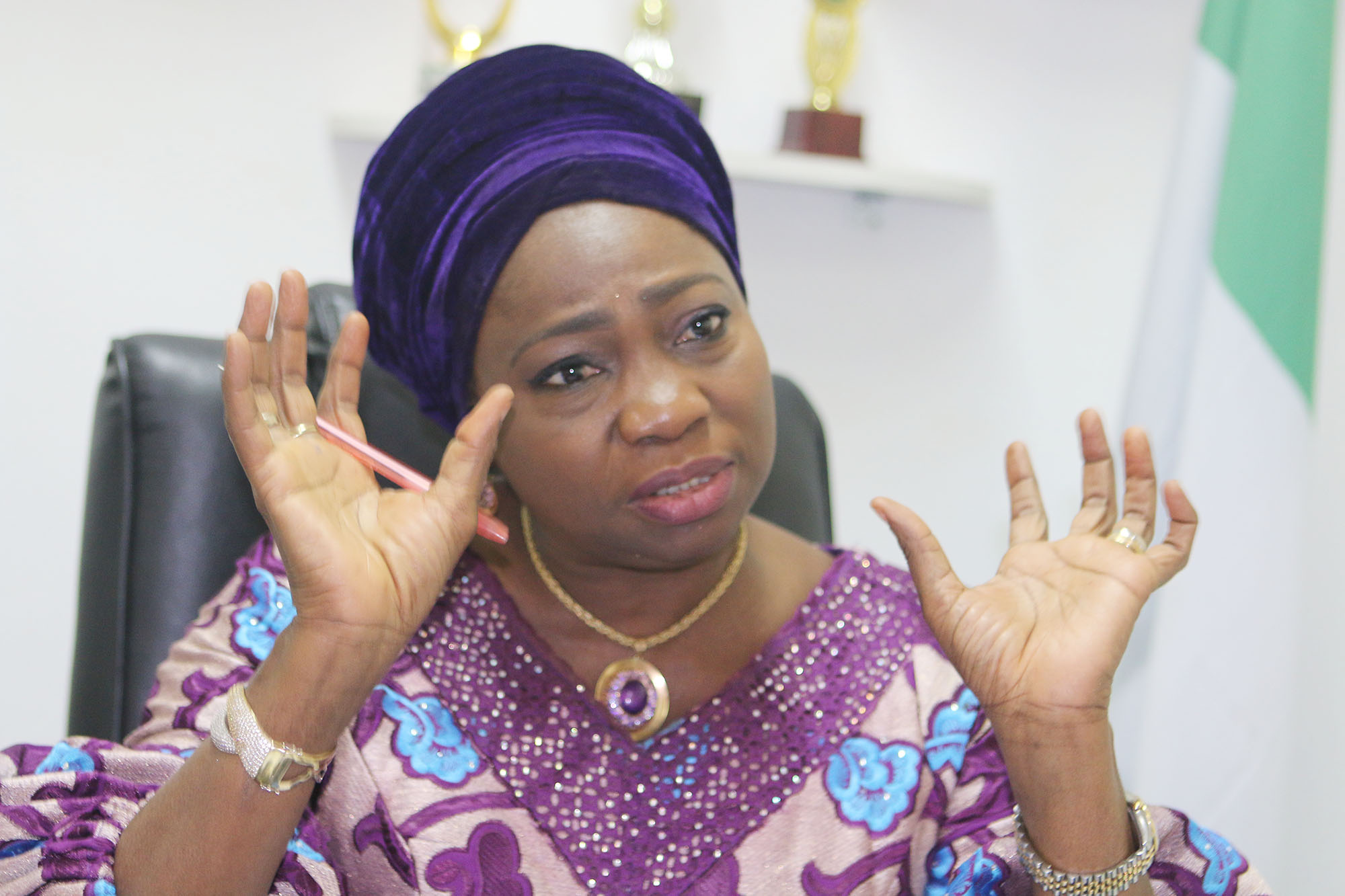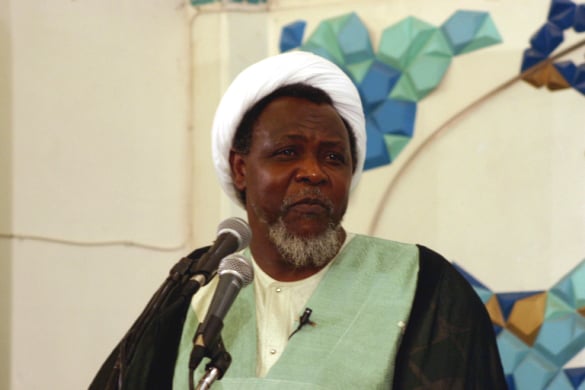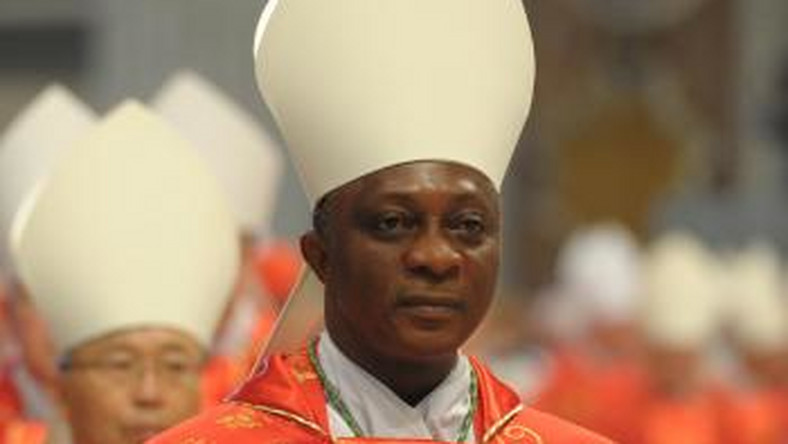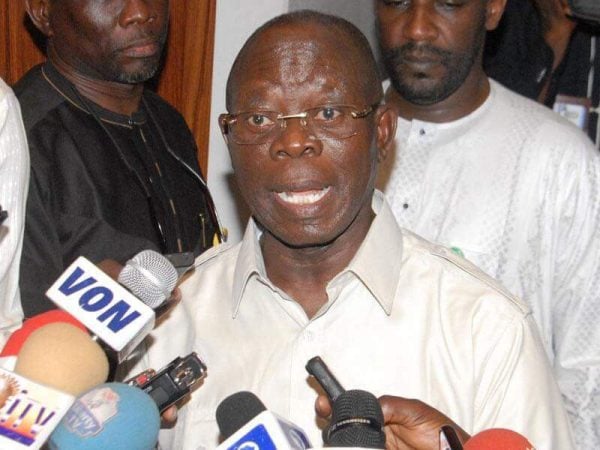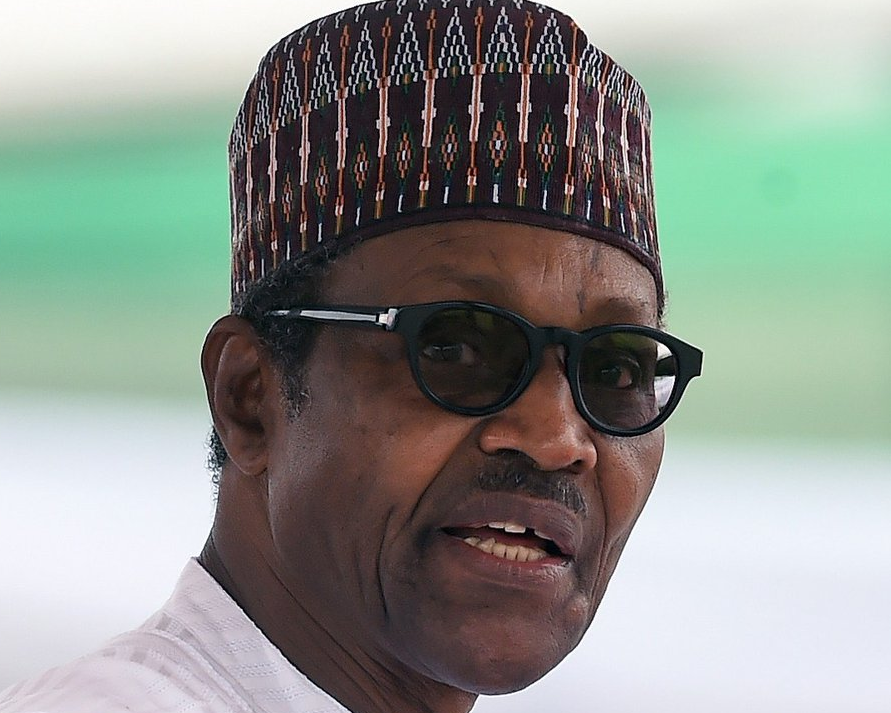The killing of Nigerians in South Africa is a sore point in the relationship between the country and Nigeria. Since 2016, 118 Nigerians have been killed. The recent case being the murder of Elizabeth Chukwu, an insurance executive, in her hotel room. In an interview with TheCable, Abike Dabiri-Erewa, chairman/CEO of Nigerians in Diaspora Commission (NIDCOM), gives more insight into this problem. She also spoke on how Nigeria is strengthening its bilateral relationship with other countries, provisions being made to obtain Nigerian passport abroad, among other issues.
TheCable: The killing of Nigerians in South Africa has become protracted. Just last week, a Nigerian Taxify driver was killed in the streets of Johannesburg, but the reaction of the government has always been to issue statements; is there no better way to respond to this problem?
Dabiri-Erewa: It is being addressed. I tell you something. In 2018, 20,000 murders were recorded in South Africa. In 2017, I think they recorded 18,000. It has gone higher to about 20,000 in 2018; so that is the number of people killed per annum; killed every year in South Africa. In Cape Town, it used to be 50 per day, until the military came in. So, you are dealing with a country where there is a very high rate of crime …So if 20,000 people are killed per year…. In the case of Nigeria, before 2016, when we visited the high commissioner, we had 118 (Nigerians killed). Now, in the last two years, I think we have about 88 killed. And out of that 88; about 20, some of the deaths; you know, last year and this year; about 25 deaths were Nigerians killing Nigerians in South Africa. So, we are dealing with three things. There are xenophobic attacks in South Africa – it is there. There is a high rate of crime in South Africa – it is there. 20,000 murders per annum. And then there is a case of our Nigerians – gangs and drug wars – killing one another. But what we are saying to South Africa is that no matter the circumstances, our people need to be protected. We are getting to a tipping point where we cannot tolerate any more killings of Nigerians in South Africa.
Now, the Taxify guy that was killed. No, the young boy, the 16-year-old. He was a victim of armed robbery. They were going to rob him; he tried to escape, and they killed him. The Taxify guy’s case is being investigated as a murder case. Elizabeth Chukwu’s case is being investigated. That one is a very high profile case being handled by a brigadier-general (of South Africa). And then we have eight South African policemen currently in court, being investigated for their alleged involvement in killings and maltreatment of Nigerians, and the case is being monitored by the high commission in South Africa; Godwin Adama is the consul general.
Advertisement
So, what we are saying is this, like the case of those eight policemen, it has to be concluded. And besides, it has been on for well over a year now. The case of Elizabeth Chukwu, for the sake of South Africans themselves, they should know who killed that woman. She only went for a conference. She was not living there. And then, even when you say, ‘’Nigerians are killing Nigerians in the form of cult wars, drug wars’’, we should know them. So, I think it is also an overwhelming problem for the South Africans.
TheCable: Some Nigerians believe the government is not doing enough.
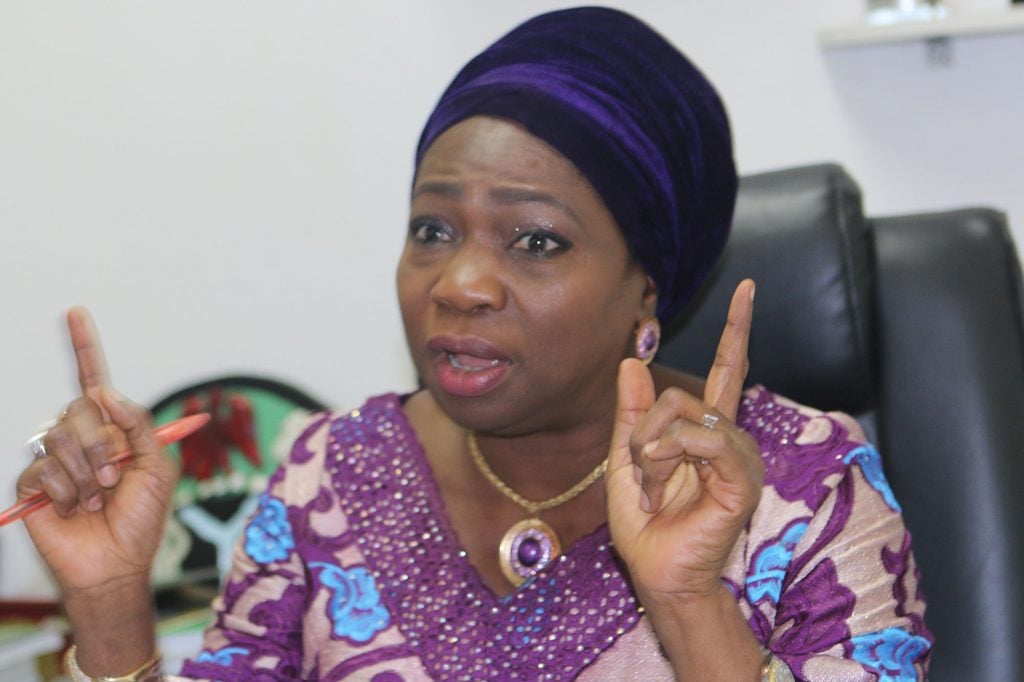
Dabiri-Erewa: I am telling you what the government is doing. Because of government’s intervention, eight policemen (South Africans) are currently on trial. So, what we are demanding is let the trial be concluded. Because of government’s intervention, Elizabeth Chukwu’s case is receiving attention. Somebody went for a conference and never came out.
Advertisement
The Taxify driver’s death is being treated as a murder case. It is also under investigation. What we are demanding now is let us know the outcome of those investigations. Now, two years ago, when the case was at its height, the minister of foreign affairs went to meet his counterpart in South Africa and they came up with what you call an early warning signal. But it is not working. So, I think this should be a priority for the minister once he gets back. They have to review that early warning signal.
It is not working. Something else has to be put in place. Another MoU between them has to be signed. And then sometime later this year, Mr President will also be having a bilateral meeting with the president of South Africa. When the president of South Africa came here, he apologised and admitted that the crime rate in South Africa is very high. And that it is not like they are targeting anybody but they know they are dealing with a high rate of crime.
TheCable: Will there be a point the government will consider sanctions on South Africa?
Dabiri-Erewa: We will get there. Let us understand this. We will get there, but let us explore all diplomatic channels. When you look at it both ways, when the South Africans say, “Oh, you have taken our jobs,’’ Shoprite has taken our jobs too. They have taken the jobs of little traders who are selling little things. DSTV makes it impossible for anybody to have a very successful cable TV. So, we have our grievances too.
Advertisement
But we are Nigerians. We are humane and we respect humanity. We are not going to go and break in on doors and that is why I have appealed to the Nigerian students that we are not going to start breaking doors and shooting people. That is not who we are.
So, we continue to explore all channels possible. Again, we have to warn Nigerians where you live matters in South Africa. The company you keep. We have doctors, we have engineers; we have professionals. We have people in the arts industry who have not had any sort of complaint. So, whichever way, the Nigerian government has made it clear to South Africans that killing of its citizens will not be acceptable. Now we are getting to a tipping point.
TheCable: Tipping point?
Dabiri-Erewa: We are getting to a tipping point and [with] any more deaths, it will even be difficult to stop Nigerian youths from doing what they want to do.
Advertisement
TheCable: If the Rubicon is crossed, what will be the next line of action?
Dabiri-Erewa: That will be a policy decision in the realm of the minister. So, that will be a policy decision to be taken by the minister of foreign affairs. The commission has put this out there. We have made it clear. We have brought everything to the front burner and we have done what we can do and we will be writing to the minister on what we think should be done. So, the next line of action will be a policy decision at the level; that is why I said the minister of foreign affairs needs to go back to the minister of foreign affairs in South Africa and review the early warning signal that they came up with. It is not working. So, something more needs to be done.
Advertisement

South African president admitted that some Nigerians have been killed unjustly in his country
Advertisement
TheCable: Some Nigerians living abroad have complained that it is difficult to renew their passports or get a new passport at our embassies. A few weeks ago, a Nigerian went to the Nigerian high commission in the UK and vandalised some cars parked on the premises because he was aggrieved, what is the government doing to address this problem?
Dabiri-Erewa: We were there. We were at the high commission with the high commissioner and our Nigerian community in the UK, and we had a very fruitful meeting. A lot has been going on in the UK high commission in terms of passport, so the case of the guy who went to vandalise, which of course, is unacceptable, was unfortunate. However, go to the Nigerian missions even before then, and today and ask questions. There has been tremendous improvement.
Advertisement
There was a time there were issues because when Nigeria transited to the 10-year passport, there was a law; so, there were times the passports were not available. But what the mission has been doing and is doing is, when you go to their website, they communicate. In fact, I will show you one now; maybe, before you finish. They communicate with the people; if you are coming from Birmingham, or somewhere, to get your passport, and it is not going to be ready, they let you know and they let you know when it is ready or that it is being done. And then, they are posting, telling Nigerians to send in their address so they can mail their passports to them. And a lot of times, Nigerians go online and do not fill in the application properly.
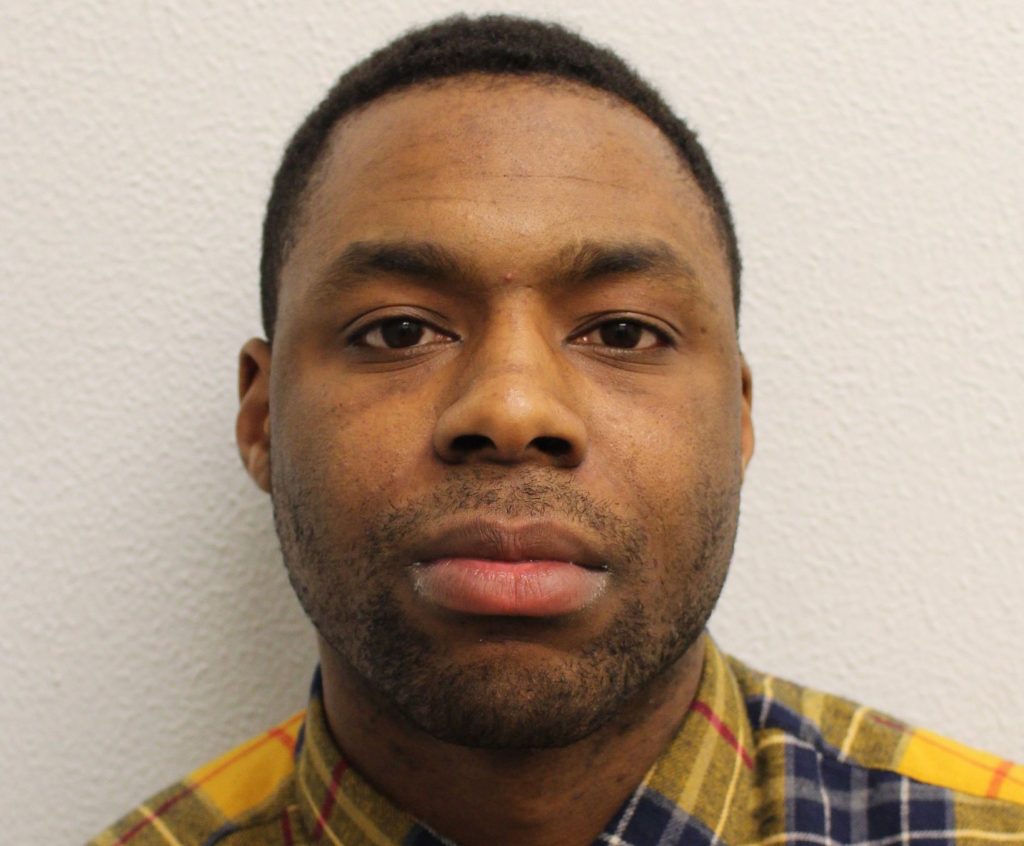
So, your name is Fredrick Balogun Johnson. You write Johnson Fredrick Balogun something. So, it is a problem automatically. So, we agree that the line of communication has to improve and it is improving and they are also saying that every staff there should have a name badge so you can know who to hold responsible. That is happening. So, if you ask at the high commission in the UK, you are going to see that there has been tremendous improvement. We are not saying it is perfect but everything is being done by the current high commissioner, (ambassador) Oguntade to ensure that issues of passports are properly dealt with. And immigration, the Nigerian Immigration Service is also not taking it lightly. Immigration has put out adverts to have more service points for Nigerians in the diaspora.
TheCable: So, if a Nigerian living abroad, say in the UK, goes to the high commission, is there a certainty that if he applies; he will get a passport without delay?
Dabiri-Erewa: Oh yes. But apply and follow the law. Take for instance; there is a case of a guy who went to the embassy in Washington with his wife and children. He went that day and said he wanted his passport that day; that they had to leave. It is not possible. Let us follow the rules. If you apply online, also check the website to know which hours are available.
Let us look at the American embassy here, if you do not have an appointment, they will not listen to you. So, you do not have an appointment, you will just go there with your wife and children and say, “I want my passport today,’’ and then you start creating a scene. So, let us also learn to follow rules. At the same time, our high commissions or embassies everywhere in the world need to fulfill the demands of Nigerians in the diaspora to the best of their ability. And I think a lot is being done in that regard in terms of improvement. For instance, a message has just been sent out to a lot of people. If you are coming on the 5th, do not come on the 5th. Come on the 7th.
So, if you do not go on the website, how do you get that information? And then now passports are being posted to the people. Just send an address where we can send your passports to and then also give them a time frame. So, I am not saying it is a perfect situation but I know that everything is being done. And the good thing about it is that they are working in conjunction with the diaspora community. And then, communication is key. So, there is a line of communication. They all have a group where they communicate directly with them, and then, you also communicate to others in the community about what is going on.
TheCable: Poor funding is a serious issue for our foreign missions. How is this being addressed?
Dabiri-Erewa: I am sure the minister of foreign affairs will address that. The minister has been talking to parliament to increase the funding of embassies. Some had some intervention funds from the president. At the level of budget making, the minister of foreign affairs definitely has to put more pressure on parliament for better funding for our missions abroad. At the same time, whatever you have, you manage properly. It is going to be tough when you want to fulfil your job demands.
TheCable: Some Nigerians in Ethiopia are languishing in jail. Is anything being done in this regard?
Dabiri-Erewa: The Nigerian that died in Ethiopia recently – we just released a statement today (Tuesday). He died of HIV/ AIDS. He did not die of malnourishment or maltreatment. He was arrested for drugs. It is a five-year jail term. He had served one year and he had HIV/AIDS. He was taken to two hospitals in Ethiopia and then he passed on as result of complication from HIV/AIDS. And then the ambassador in Ethiopia, (ambassador) Adeoye was there in January. He visited regularly. He is going again in August or September, so, I think some embassies are doing better than others, but they are working. In Ethiopia in particular, and we have many cases, most of the cases are drugs. So, the ambassador visits regularly. Ask the prisoners there, he was there in January.
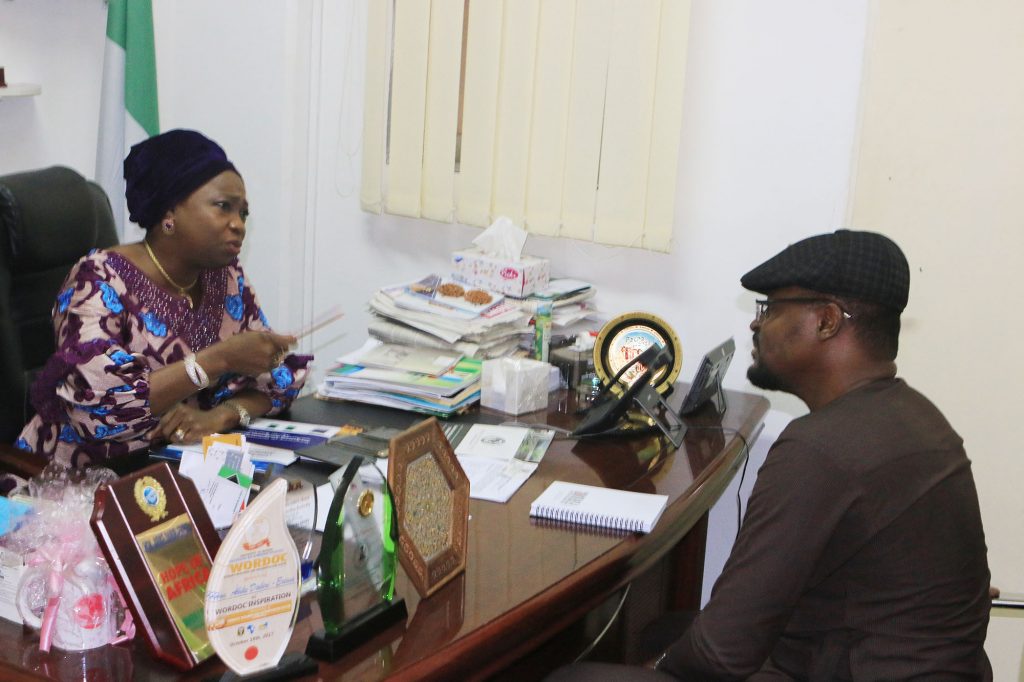
TheCable: These Nigerians accused of peddling drugs, is it certain they committed the crime, recall the case of the young lady wrongfully arrested for drugs in Saudi Arabia? Is there a mechanism to determine if they actually committed this crime?
Dabiri-Erewa: Well, I think in most of the cases; there are a few cases where …I cannot answer that question because I am not a lawyer…. In the case of Ethiopia, because it is a transit point, we have quite a number of cases. But I think before they are sentenced, usually, depends on the quantity of drugs found on you. But we also have to tell our people that we cannot continue doing that and I believe that NDLEA should ensure that they are nabbed. I mean, you save them from themselves if we are able to nab them here. How do they get the drugs out in the first place?
TheCable: Does Nigeria provide counsel to citizens abroad involved in different cases like some countries do for their citizens?
Dabiri-Erewa: The commission is planning that. So, with the commission on board, we are going to take it embassy by embassy. For example, if you are going to Indonesia and you carry drugs, you are dying. There is no debate. We went to Indonesia prison some years back, 21 Nigerians were on death row, and 20 were from one state – 20 were from Anambra state, and one from Edo. And when you get to the (Indonesian) airport, it is written all over, “penalty for drugs is death”.
So, from the point of leaving, we are going to be working with the NDLEA, with the embassies; in fact, as you collect your passport, they will tell you if you carry drugs, you are going to die. So, that is what the commission will be doing from country to country.
In India, for instance, if you say you are going to study, and you are going as a student. If you finish your education and you stay there, they will lock you up. India will not give you work. They will not employ you. So, we are going to have an information center that will be dealing with all those issues. We are going to have a place that you can call if you are in distress. That is almost at the final stage, so yes, it is important to share information. But I tell you, despite sharing this information, some will still do (what they want). But at least, let us know that we have given out all this information.
TheCable: The unending tales of suffering of Nigerians in Libya; what is happening?
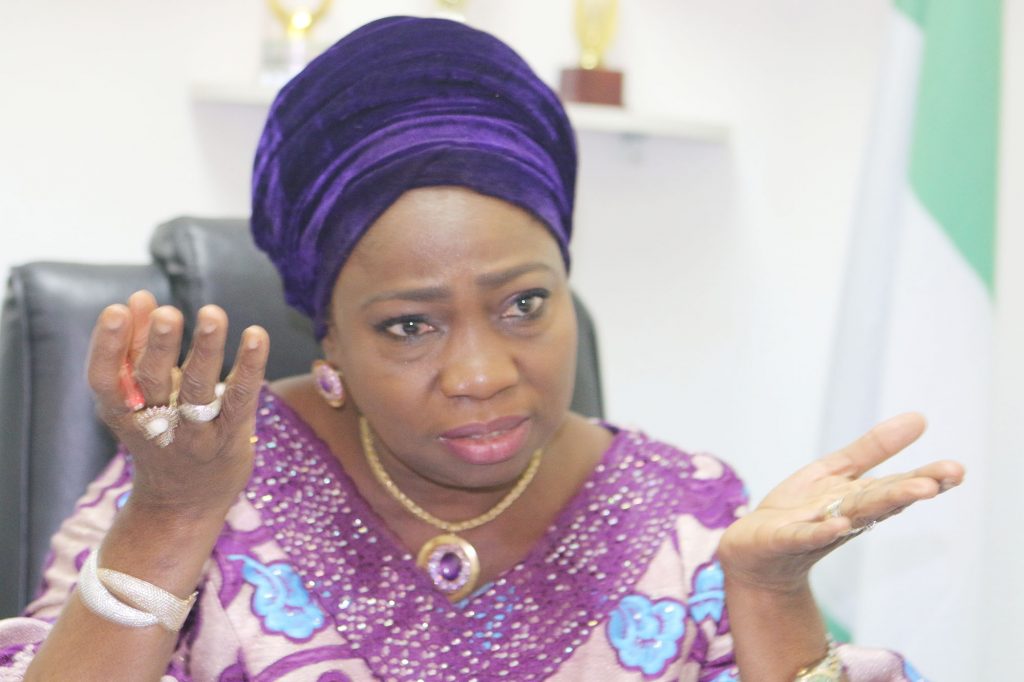
Dabiri-Erewa: Nigerians in Libya have been stranded for years. President Buhari was the first president to send a high-powered delegation to Libya to meet the head of government of Libya to release Nigerians stranded there. And in one fell swoop, we were able to bring back thousands. But as of today, we are working with the IOM (International Organisation for Migration), and over 17,000 Nigerians have been brought back.
The IOM brings them back every two weeks now, but the president’s team, we took, I think, three plane trips to bring some back. So, we brought back thousands, in addition to what IOM is doing and what we are doing. As of today, we brought back 17,000.
Let me tell you the problem with Libya. There are places you cannot get to because it is a war-torn country; so where we can reach, the IOM, along with NEMA, bring back (Nigerians in Libya) every two weeks. So, I am hoping that people are still not going to Libya, despite all the awareness, all the information being given out and it is getting worse in Libya. It is a war-torn country so do not even bother. If you hear Libya, run back. Well, the government has done its bit and we will continue to do it and the IOM like I said brings back (some Nigerians) every two weeks, but there are places you cannot get to in Libya. The rebels are manning those places so you cannot get there.
TheCable: As an aside, did you expect to be appointed minister?
Dabiri-Erewa: No, because I just got this job. I am barely three months old as chairman of the diaspora commission. I had a discussion with the president and Asiwaju (Tinubu), and there is a place he (the president) wants to take the commission to. It is a new commission, and I think starting a new commission is quite (demanding). It is huge, it is a lot of work, and we are dealing with about 70 million Nigerians abroad. We are dealing with the most intelligent, most charismatic, most brilliant people in the world, and we are dealing with a situation where we are saying that Nigerians in the diaspora can do a lot more. I mean, we are dealing with a situation where we are saying let us tap into this power. So, for me it is a challenge and a privilege to be the pioneer chairman of the Nigerians in Diaspora Commission. So, absolutely no, because I had had a discussion, and I would rather do what I am doing now which is to build the commission, and you know in India, Pakistan, Israel they cannot talk about developing without their diaspora. So, Nigeria should be able to do the same thing. When Ireland was in recession, 1000 Irish in diaspora saved Ireland from the recession. We are going to do even much more than that. I mean, $26 billion remittances? That is a population you cannot ignore. Just this week alone, look at the many Nigerians that have been appointed. The minister in the UK, the young gentleman that is now head of the Obama Foundation, Adeyemo. So, we need to reach out to all these people and let us work together to build our country. And we are not saying pack your bags and come home. We are saying wherever you are, let us work together to build the Nigeria of our dreams because at the end of the day, you are still a Nigerian and that is where you would want to return to.
TheCable: Are cases of Nigerians trafficked abroad an area you look into as well?
Dabiri-Erewa: We get a lot of trafficking cases and we actually send them to NAPTIP because it is NAPTIP’s primary responsibility; so ours is to share the information. Once we get there, we let NAPTIP know and they swing into action. So, we also work with the immigration, refugee commission; so we share information. So, on the issues of human trafficking, we gather information, we send to NAPTIP and they get going as soon as they get any information.
TheCable: Tayo Faniran, the Nigerian who was assaulted by South African police, any progress in the case?
Dabiri-Erewa: Tayo Faniran’s case is being investigated. I think it is called the ICPD. There is an investigative body in South Africa that deals mainly with police cases, so, Tayo’s case is with that investigative committee. Tayo says, well, as an individual, I am not interested in pressing charges, but as a country, the consul general has pushed that case up there and it is being investigated.
TheCable: Is that not a picture of what most Nigerians go through in South Africa?
Dabiri-Erewa: Most Africans. South Africa has a problem. South Africa has a problem and I think the African Union has to intervene. South Africa has a problem with xenophobia. The African Union has to come in. You cannot just go in the streets and kill people. If I commit a crime, deal with me, but do not go shooting and killing people. So, there is a problem even the president is trying to deal with. It is a problem that I think is overwhelming them, so unless we understand that a country with 20,000 murder cases per annum, because there are more Nigerians, it is affecting us more. But you see, we are going to explore all diplomatic means. I have said it before, and I will say it again, the African Union has to intervene. If South Africa is going to need help, then let them get it.
Add a comment

